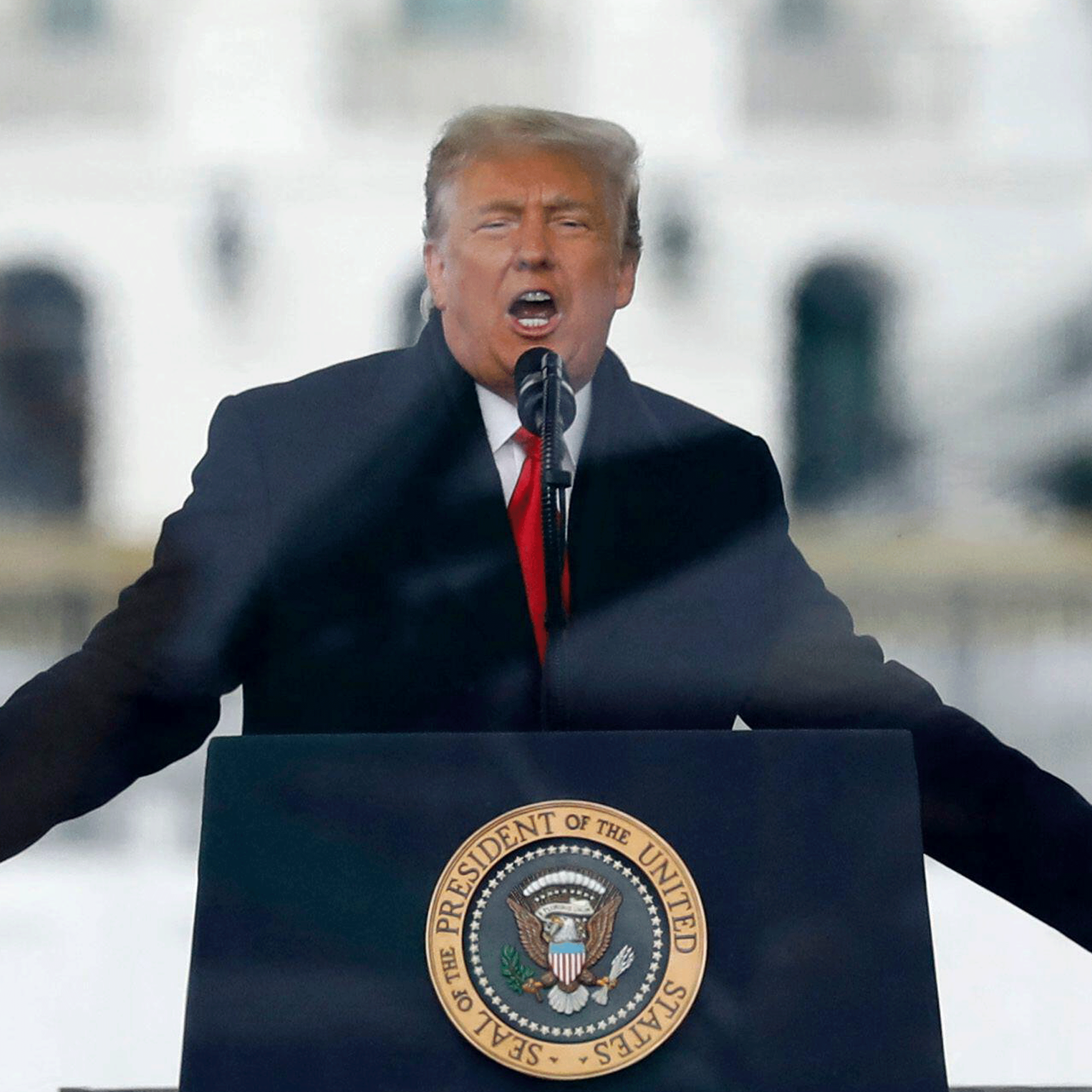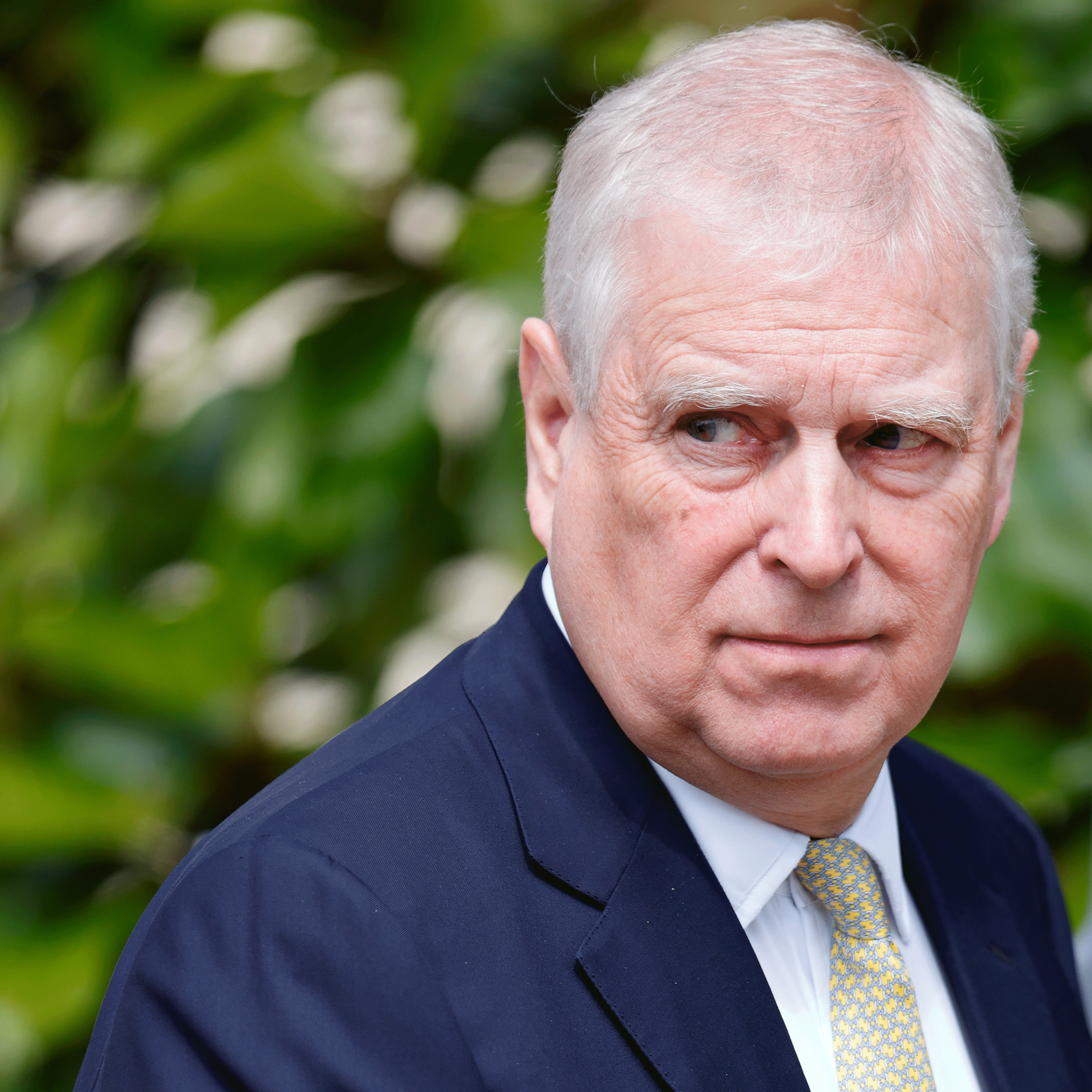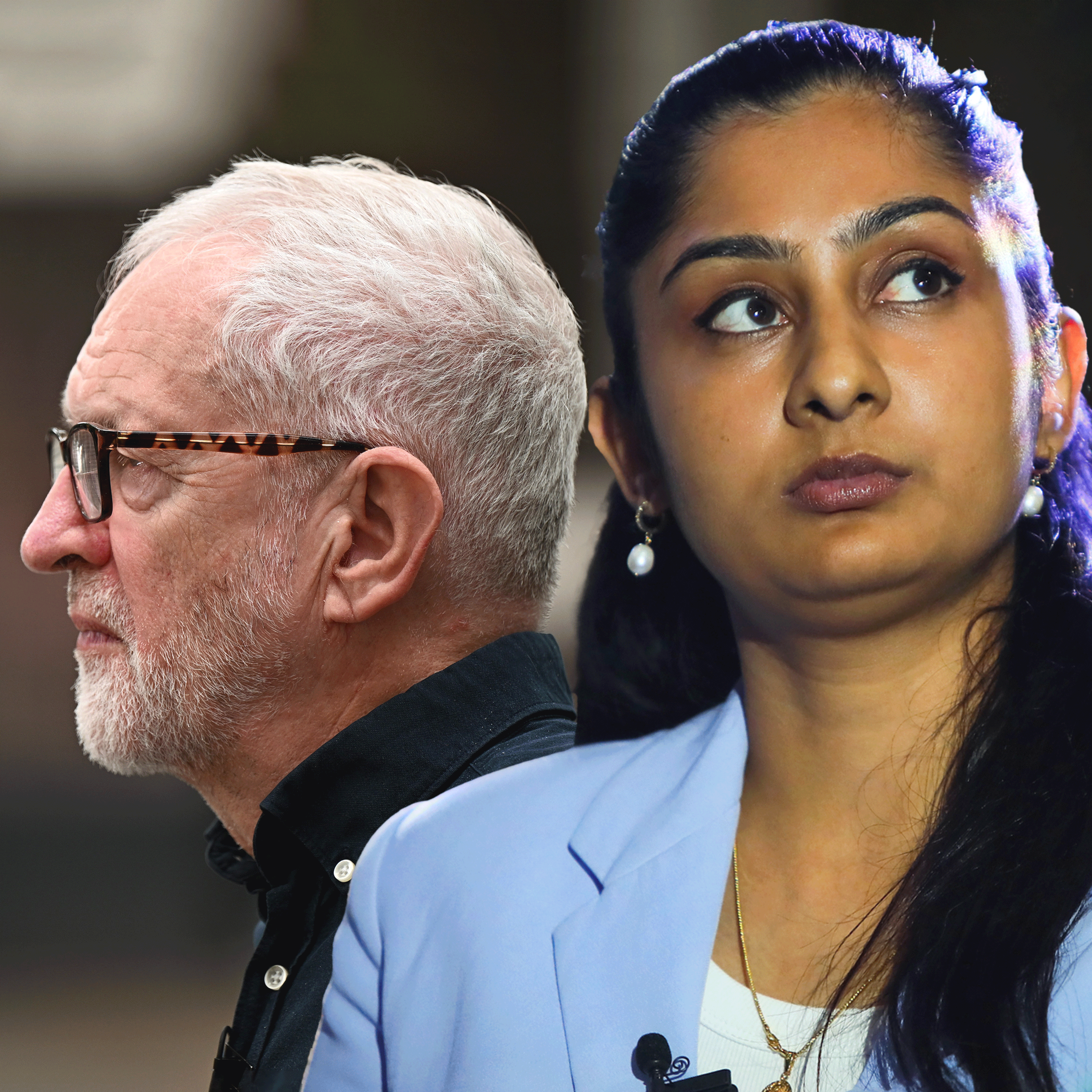109: The Footies #3: Taking the OPIS
Humberto Rocha of the Oil Price Information Service on some dodgy dealing in Big Carbon... in part three of our new investigative mini-series interviewing the investigative reporters behind six remarkable pieces of journalism shortlisted for this year’s Paul Foot Award.
Press play and read along
Transcript
Transcript is processing—check back soon.
Page 94: The Private Eye Podcast — 109: The Footies #3: Taking the OPIS





